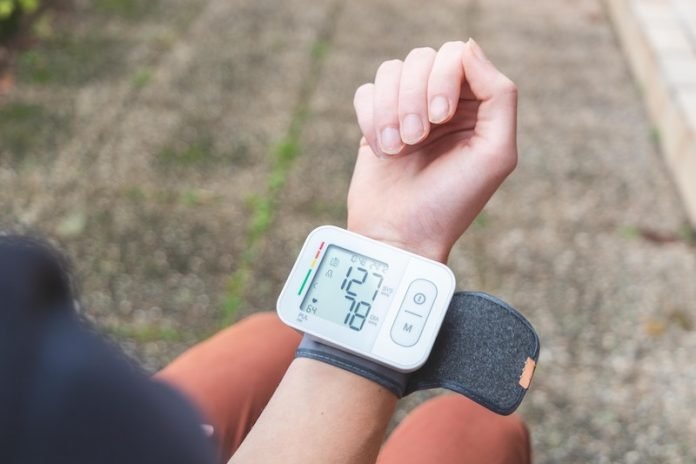
A recent study conducted by the European Sudden Cardiac Arrest network has discovered a potential connection between a commonly prescribed drug for high blood pressure and a higher risk of sudden cardiac arrest.
The study urges doctors and patients to exercise caution when using this medication to manage blood pressure.
Understanding Sudden Cardiac Arrest
Sudden cardiac arrest occurs when the heart suddenly stops beating, resulting in a loss of blood flow to the body.
It is responsible for approximately half of all cardiac deaths in Europe and contributes to one in five natural deaths.
Symptoms include abnormal breathing patterns and loss of consciousness, and if left untreated, it can quickly lead to death.
Investigating the Medication’s Link to Sudden Cardiac Arrest
The study focused on two commonly prescribed drugs, nifedipine and amlodipine, used to treat high blood pressure and chest pain.
Researchers analyzed data from thousands of patients and healthy individuals to determine whether there was a connection between these medications and sudden cardiac arrest.
The study found that high doses of nifedipine were associated with an increased risk of sudden cardiac arrest, while no such link was observed with amlodipine.
Surprising Findings and the Need for Further Research
The findings were unexpected since both drugs have been widely used for many years without reported issues.
Previous research had not identified this association, likely due to the challenges of studying the rapid progression of sudden cardiac arrest.
The study emphasizes the importance of conducting additional research to confirm these findings before any action is taken by doctors or patients.
Implications for Patients and Doctors
Although further research is needed, the study highlights the need for caution when prescribing high-dose nifedipine to patients with high blood pressure.
Patients with high blood pressure should remain vigilant and closely monitor their symptoms while taking this medication.
If they experience chest pain, shortness of breath, or nausea, which could be indicative of sudden cardiac arrest, they should consult their doctors promptly.
For doctors, it is crucial to exercise caution when prescribing high-dose nifedipine, especially to patients with underlying cardiac conditions.
Considering alternative medications or adjusting the dosage of nifedipine may help minimize the risk of sudden cardiac arrest.
The Importance of Continued Research
This study emphasizes the significance of ongoing research into the causes and treatments of sudden cardiac arrest.
Further investigations are necessary to confirm the link between nifedipine and sudden cardiac arrest and to determine whether other commonly prescribed drugs for high blood pressure and chest pain may also be associated with this condition.
In conclusion, while medications like nifedipine are effective in managing high blood pressure and chest pain, they must be used with caution to avoid potential risks and complications.
Patients should closely monitor their symptoms, and doctors should consider the potential risks when prescribing medication.
Ongoing research will help improve our understanding of sudden cardiac arrest and guide medical professionals in providing the best possible care to patients.
If you care about high blood pressure, please read studies about the best time to take high blood pressure drugs, and scientists find new way to treat high blood pressure.
For more information about health, please see recent studies that Beetroot juice could help lower high blood pressure, and results showing this common plant nutrient could help reduce high blood pressure.
Copyright © 2023 Knowridge Science Report. All rights reserved.



